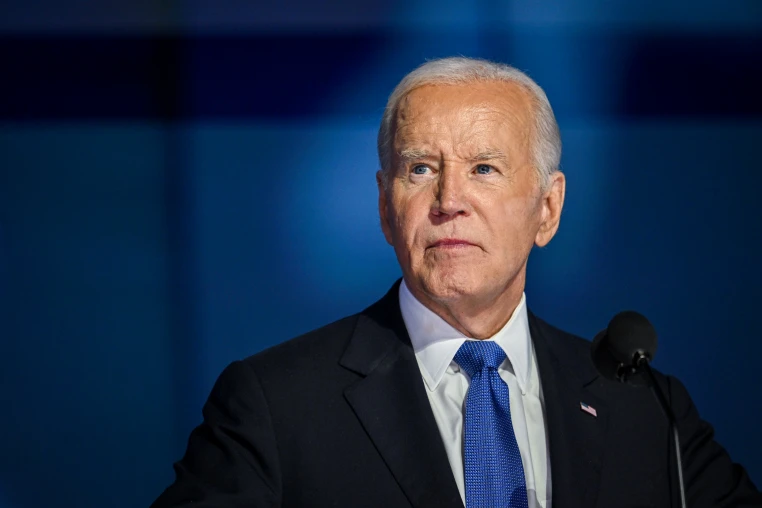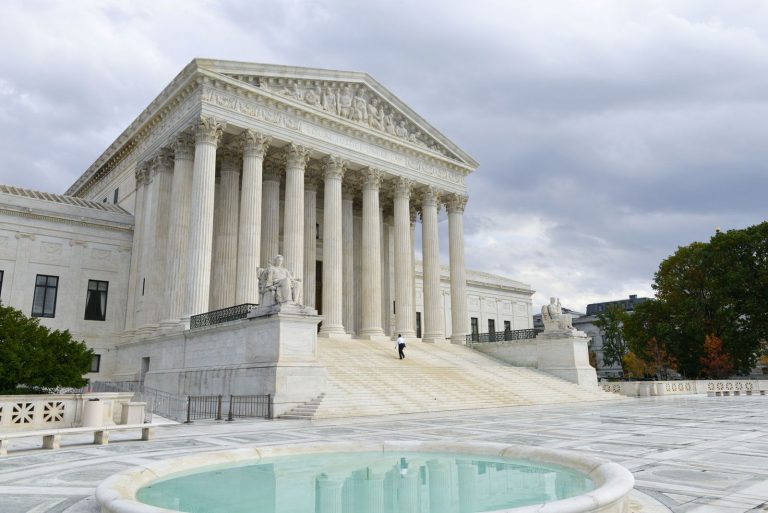NOTE: VIDEO AT THE END OF THE ARTICLE.
Republicans accuse former president of bypassing due process in mass clemency move.
Former President Joe Biden is under renewed scrutiny after a recent interview revealed that he did not personally review or sign off on thousands of pardons issued in the final weeks of his administration, instead relying on an autopen—a device that replicates signatures—to authorize clemency for over 1,500 individuals.
The revelation, made during an interview with The New York Times, has triggered backlash from Republican lawmakers and Trump administration officials, who accuse Biden of exploiting executive power and bypassing standard presidential procedures for granting clemency.
The clemency effort, which the Biden White House once hailed as the “largest single-day act of clemency in U.S. history,” is now mired in controversy as critics question the legitimacy of the pardons.
Speaking to The Times, Biden attempted to defend the move, stating, “We’re talking about a whole lot of people. I made the decision to offer clemency based on a set of principles we believed in.” However, the article also noted that Biden “did not individually approve each name,” but instead set broad criteria that were later applied by aides.
In essence, Biden approved general standards for clemency—such as nonviolent drug convictions and specific sentencing guidelines—while staff members handled the actual implementation. The autopen was then used to apply his signature to official documents, bypassing the need for his physical presence or direct oversight in each case.
The White House has defended the decision, saying it was made to “streamline” the process and avoid bogging down the former president with repetitive paperwork during a time-sensitive political transition. Still, the mechanical nature of the approval process is raising serious ethical and constitutional questions.
“This is not just lazy government—it’s an abuse of power,” said Rep. Elise Stefanik (R-NY). “If Biden didn’t even read the names, how can we trust that justice was served? These are life-altering decisions being made with the push of a button.”
President Donald Trump weighed in on the scandal, calling it a “mockery of justice” and demanding an investigation into how many times the autopen was used during Biden’s term. “Americans deserve to know who really signed those pardons,” Trump said during a rally in Michigan. “Joe didn’t do it. A machine did.”
The controversy has revived a long-running debate about the use of autopens in government. While legally permitted for signing routine documents, their use for presidential pardons is far more contentious—especially at such a massive scale.
Legal scholars are divided. Some argue that as long as the president authorized the action, the use of an autopen is valid. Others warn that it undermines the personal responsibility tied to the act of granting clemency, which is supposed to reflect careful, individual judgment.
“This is supposed to be one of the most solemn and human decisions a president can make,” said former federal prosecutor Andy McCarthy. “Using an autopen for mass pardons strips the process of its integrity.”
The Biden team has not yet responded to calls for further explanation or transparency about the individuals granted clemency, but pressure from Capitol Hill continues to grow.
Sen. Josh Hawley (R-MO) announced on Sunday that he will introduce legislation requiring any future presidential pardon to be signed by hand. “You don’t outsource mercy,” Hawley said. “And you certainly don’t delegate it to a machine.”
PLAY:

Sarah Mitchell is a bestselling novelist recognized for her insightful and emotionally resonant stories that explore the complexities of human relationships. Originally from Denver, Colorado, Sarah grew up in a family of teachers who nurtured her curiosity and love for storytelling. She studied psychology at Stanford University, where she became fascinated by the intricacies of human behavior—an interest that would later shape her writing career. Sarah’s novels are praised for their nuanced characters, intricate plots, and ability to capture the subtle tensions that define love, friendship, and family ties. Her breakthrough novel, The Spaces Between Us, became an instant bestseller, lauded for its honest portrayal of strained family relationships and the fragile bonds that hold people together. Since then, she has published several works that continue to captivate audiences around the world. Outside of her writing career, Sarah is passionate about mental health advocacy and often partners with organizations to promote awareness and support for those struggling with emotional well-being. Her personal life is quieter—she enjoys hiking in the Colorado mountains, practicing yoga, and spending time with close friends. With each new book, Sarah Mitchell cements her reputation as a writer who illuminates the beauty and struggles of human connection.








